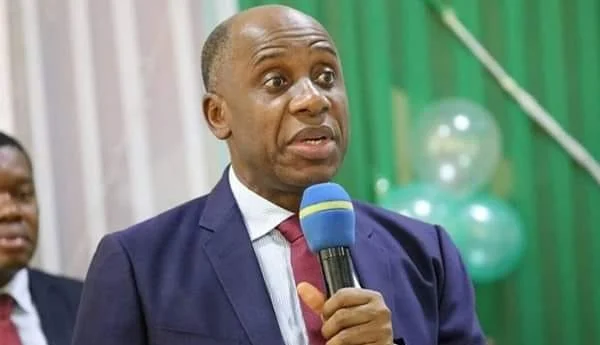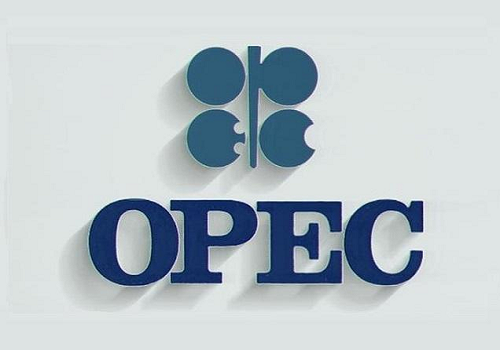FG Adds Up Crude Oil Production To 800,000bpd

The Federal Government is set to gain additional 800,000 barrels per day of crude oil from the implementation of some important upstream projects that have been stalled due to financing.
Now empowered by the Petroleum Industry Act (PIA) the government can now embark on the projects.
The Nigerian Upstream Petroleum Regulatory Commission (NUPRC), Chief Executive Officer (CEO) Engr. Gbenga Komolafe revealed thesd at the 2022 Oloibiri Lecture Series and Energy Forum (OLEF) in Abuja.
The theme of the event, which was organised by the Society of Petroleum Engineers (SPE) was: “Global Energy Transition: Implications on Future Investments in the Nigerian Oil and Gas Industry.”
His Special Technical Adviser, Mr. Abel Nsa represented him.
He said: “Some of these projects, including the Preowei project, the Bonga South West Aparo project, the Bonga North project, and a host of others, when completed, all have the combined capacity to add upwards of 800,000 BOPD to Nigeria’s production figures.”
He noted to meet the increasing global energy demand, the Federal Government was set to embark on further exploration.
It has also planned to embark on development drilling in its bid to optimize reservoir extraction.
The Federal Government is also ready to drill into new targets and employ technological advances to increase production outputs for appropriate energy mix.
He said: “Given this outlook, it is evident to note that in meeting the growing energy demand in the short and medium term, we would need to carry out further exploration and development drilling to optimize reservoir extraction, drill into new targets, and employ technological advances to maximize production yields for appropriate energy mix.”
He admitted that the global energy transition is here to stay and poses great challenges to future investments in the Nigerian oil and gas industry.
On the other hand, Komolafe said “but it is not all gloomy as we are working assiduously to mitigate every negative impact.”
Minister of State for Petroleum Resources, Chief Timipre Sylva, said the risk of limited international financing could jeopardise Nigeria’s energy transition and roadmap to attaining net-zero.
Recalling that firms have discouraged investment in the hydrocarbon industry, he said: “We have seen policies and
pronouncements at governmental and corporate levels aimed at discouraging
investment in fossil fuels.
The ministry’s Permanent Secretary, Dr. Sanu Gwarzo that represented him said: “We have seen decisions by some IOCs to reduce or outrightly stop long-term investments in upstream projects and development of new
technologies for exploration, production and processing of crude oil, or servicing
the existing technologies. “Penalties may soon be put on the production and use of fossil fuels, directly or indirectly, in order to bridge the gaps that may be created by large taxes raked by developed countries from the consumption of oil.
“Adequate financial resources, technology development and effective policies designed to encourage investments in the oil and gas industry in Nigeria, are required to enable us meet our increasing demand for energy.”
He informed the stakeholders that
Nigeria has very low levels of carbon emissions – 0.61t CO2e per capita (2020) which compares to 14.24t CO2e per capita in the USA and 4.85t CO2e per capita in the UK.








